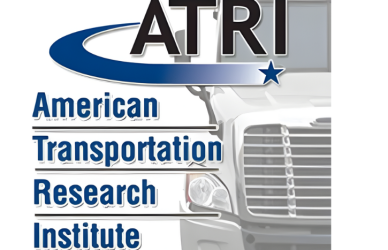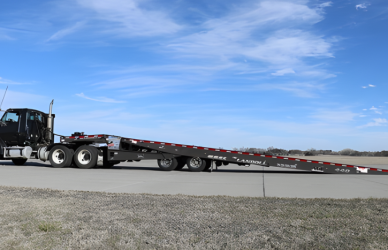Carriers handling hazardous materials may face higher rates under the federal registration and fee assessment program. According to a notice published in the Federal Register on May 24, the Pipeline and Hazardous Materials Safety Administration (PHMSA) outlined changes to the national hazardous materials transportation registration and fee program.
Since 2010, the annual registration fee has been $250 for small businesses and non-profits, and $2,575 for large businesses, with a $25 processing fee for all registrants. The new proposal increases fees for small businesses and non-profits to $375 per year, and for large businesses to $3,000 annually, the maximum allowed by current law.
Carriers can prepay registration fees for up to three years. If approved, those who have prepaid may need to pay additional fees for future years. The public has until August 22 to comment on the proposed rulemaking on the Regulations.gov website using Docket No. PHMSA-2022-0033.
Reason for Fee Increase
The federal registration program funds the Hazardous Materials Emergency Preparedness grants program and collects data on hazardous materials transportation. The 2021 infrastructure law increased grant funding by $18.5 million, creating a funding gap.
PHMSA data revealed that total funds collected for the 2022-23 registration year were about $24.6 million, falling short of the $46.8 million needed for emergency preparedness grants. “To achieve full funding of the grants program at the increased amount, PHMSA will need to adjust the fees for the national hazardous materials transportation registration and fee program” the agency stated.
Impact on Small-Business Truckers
In September 2022, PHMSA issued an advance notice of proposed rulemaking to ensure adequate grant funding. The Owner-Operator Independent Drivers Association (OOIDA), representing 79% of the 32,202 hazardous material registrants who are small business truckers, opposed the fee increase.
“Most of OOIDA’s members are single-truck owner-operators who manage all aspects of their business operations,” the Association wrote. “Another increase in small-business regulatory fees would further disadvantage individuals who in many cases are already operating on much thinner margins compared to larger, corporate carriers.” Despite their opposition, the Association acknowledged the need for increased fees to fund the grant program.
PHMSA acknowledged concerns over the 50% fee increase for small businesses compared to a 16% increase for large businesses but noted that the actual dollar increase for large businesses is three-and-a-half times that for small businesses. “PHMSA remains hopeful that Congress will raise the $3,000 statutory cap, allowing for future adjustments to large businesses to make the fee distribution even more equitable and allowing PHMSA to collect and expend the authorized funding level of $46 million.”
Source: Land Line











